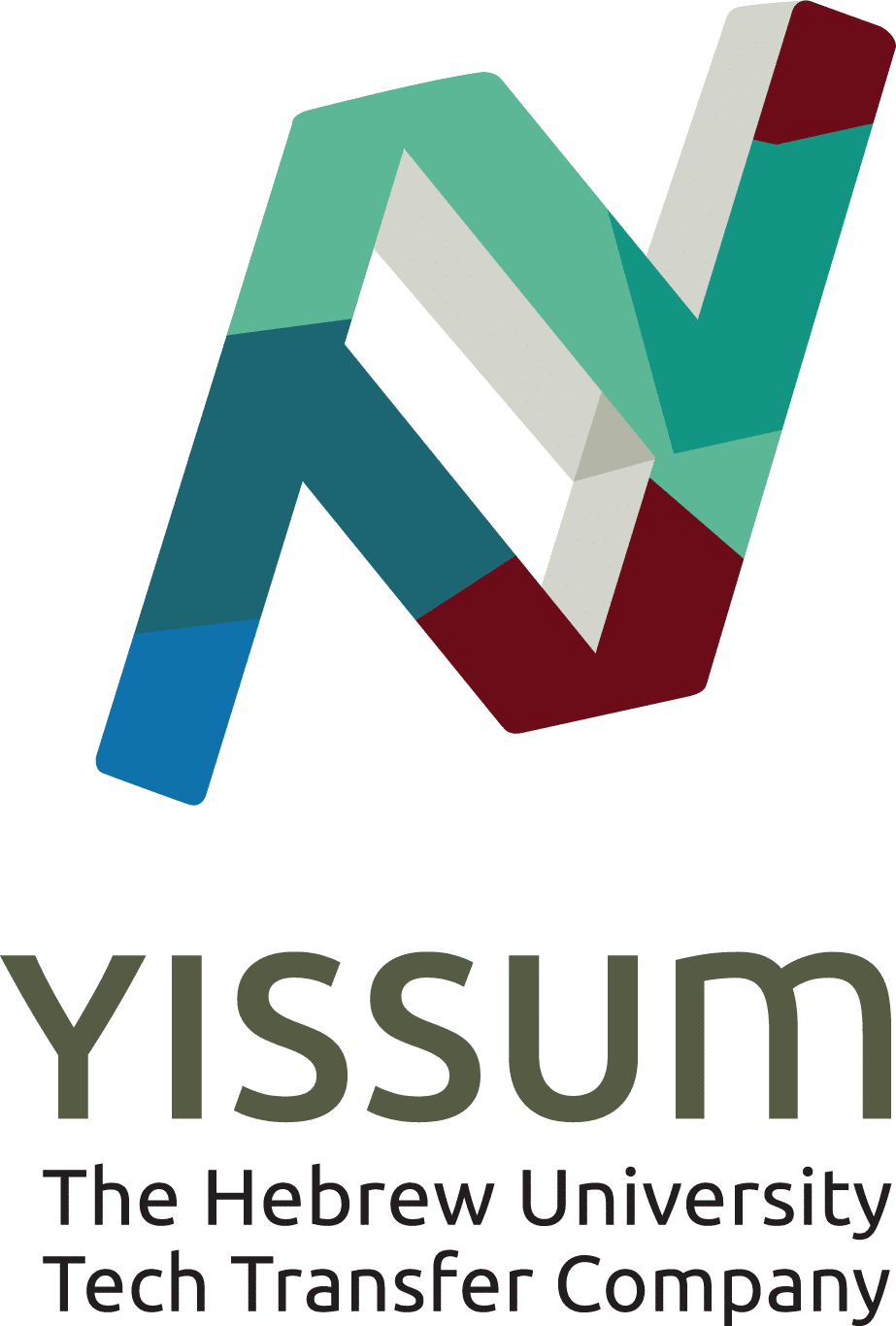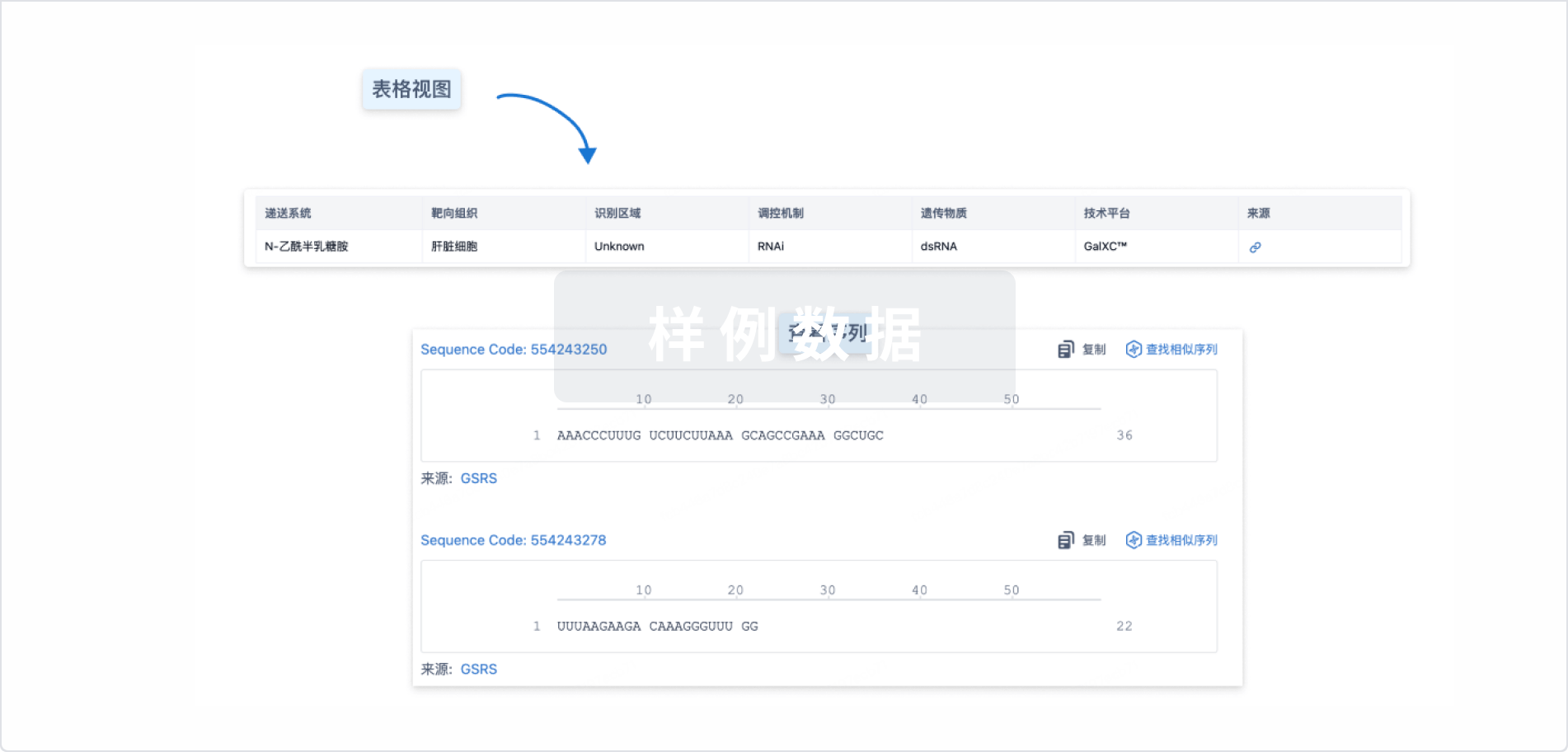The growing understanding of the immunopathogenesis of inflammatory bowel diseases (IBDs) has contributed to the identification of new targets whose expression/activity can be modulated for therapeutic purposes. Several approaches have been employed to develop selective pharmaceutical compounds; among these, antisense oligonucleotides (ASOs) or synthetic oligonucleotides represent a valid option for inhibiting or enhancing, respectively, the expression/function of molecules that have been implicated in the control of IBD-related inflammation. In this context, data have been accumulated for the following compounds: alicaforsen, an ASO targeting intercellular adhesion molecule-1, a transmembrane glycoprotein that regulates rolling and adhesion of leukocytes to inflamed intestine; DIMS0150 and BL-7040, two oligonucleotides that enhance Toll-like receptor-9 activity; Mongersen, an ASO that inhibits Smad7, thereby restoring transforming growth factor-β1/Smad-associated signaling; STNM01, a double-stranded RNA oligonucleotide silencing carbohydrate sulfotransferase, an enzyme involved in fibrogenic processes, and hgd40, a specific DNAzyme inhibiting expression of the transcription factor GATA3. In this article, we review the rationale and the available data relative to the use of these agents in IBD. Although pre-clinical and phase II trials in IBD support the use of oligonucleotide-based therapies for treating the pathogenic process occurring in the gut of patients with these disorders, further work is needed to establish whether and which patients can benefit from specific ASOs and identify biomarkers that could help optimize treatment.









